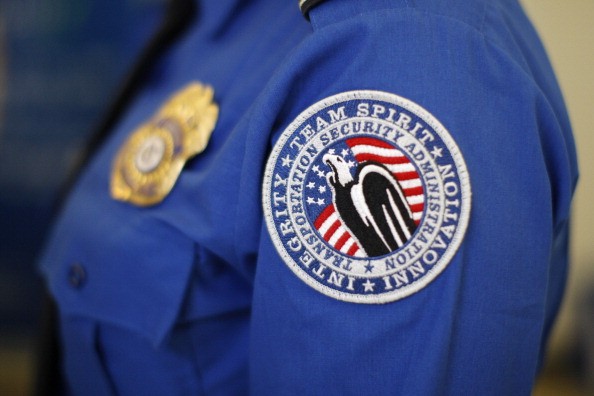If Canada deports foreigner after finding child porn images on their mobile phones, in the U.S., incriminating evidence found on a WeChat message led to the deportation of a Chinese student.
The unnamed Chinese wrote as a WeChat message to her friend whom she was to meet on Feb. 26 at the Los Angeles airport, “I don’t really want to go to school. I just need a temporary [student] identity,” quoted Global Times.
A U.S. customs official who read the message on the Chinese visitor’s mobile phone, alarmed by the immigration intent of the “tourist,” immediately sent her back to China. Chen, her friend who was supposed to pick her up at the Los Angeles airport, got a voice message that her friend from China has been deported.
The unidentified Chinese woman has been studying in the U.S. for years, but went back to China for a two-week vacation in February for the Chinese Lunar New Year and attend the wedding of a kin. She was re-entering the U.S. when caught with the damning WeChat message.
What aroused the suspicion of a customs official is the Chinese student went home on a month that is the midterm exams for most American students. The incriminating message was what the customs official needed to validate the suspicion and bar the fake student from returning again to the U.S.
The deported student is one of the 300,000 Chinese youth who entered the U.S. in 2015 to enroll in American colleges and universities. Foreign Policy revealed that at the secondary level, one way the Chinese secure student visas is to enroll in a Christian school even if the students usually come from a non-Christian faith.
In 2014 and the first quarter of 2015, 58 percent of F-1 visas issued to Chinese high school students in the U.S. were in Catholic or Christian schools.



























